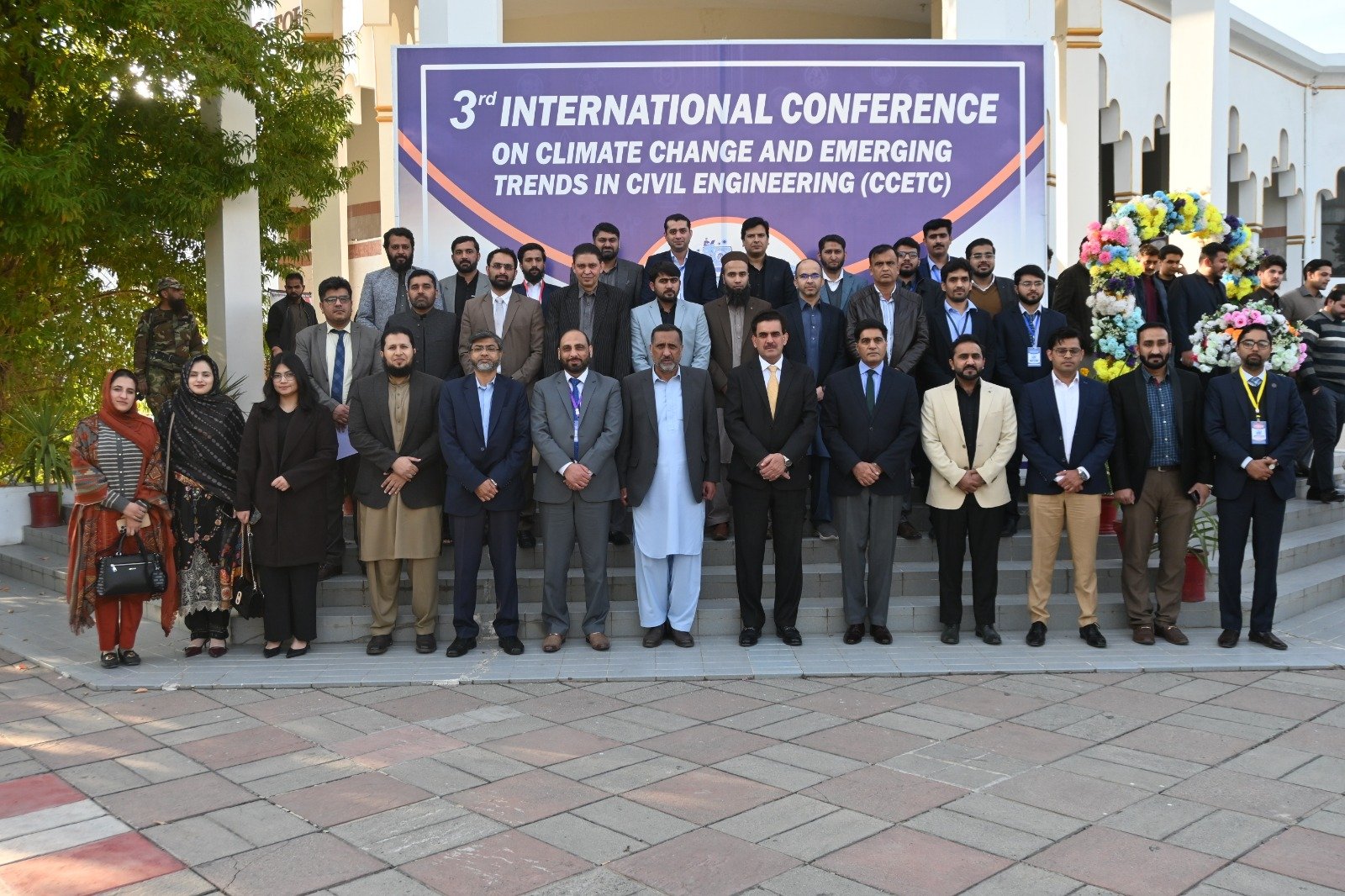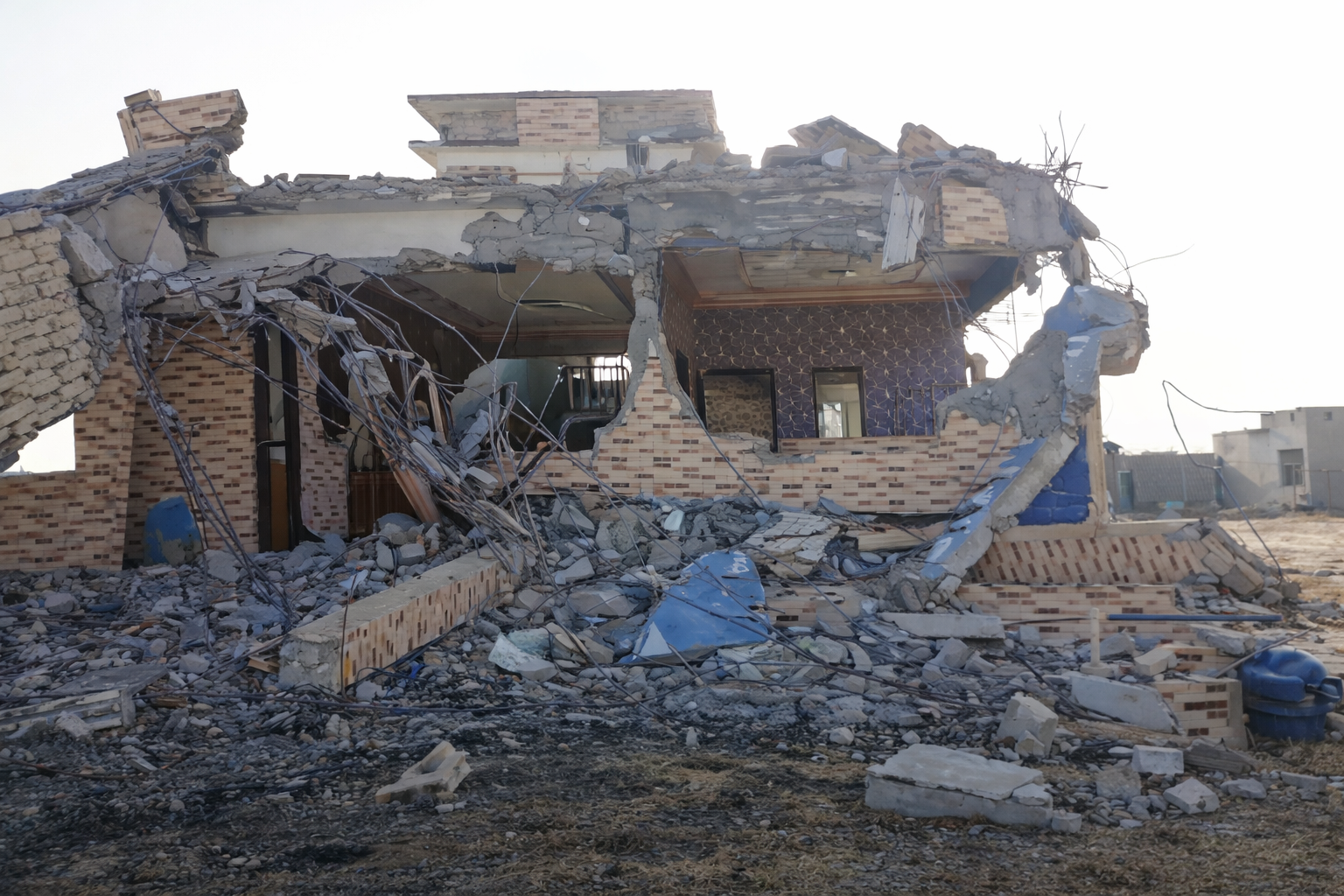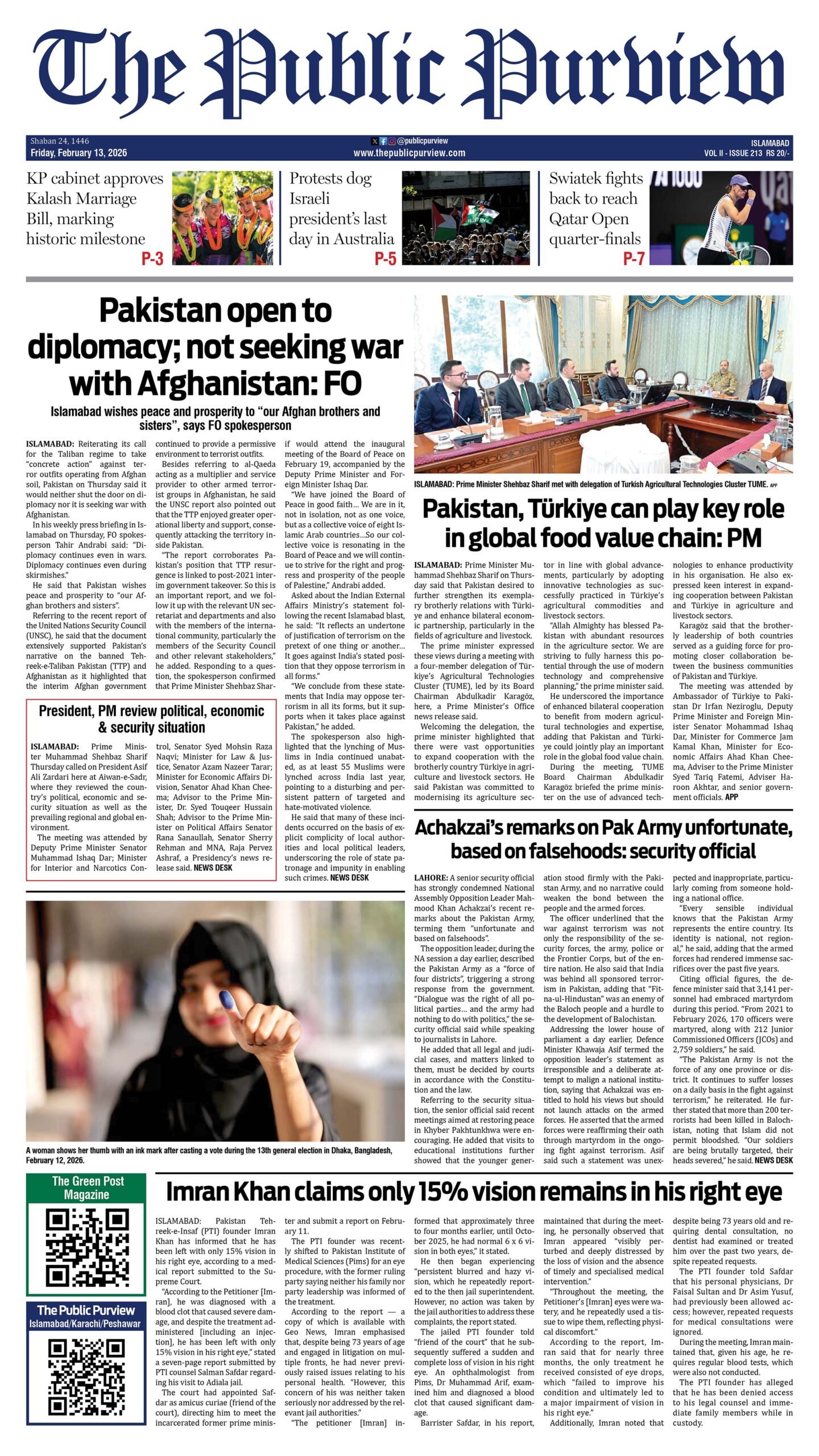On the evening of December 27, 2007, Pakistan stood still, engulfed by a profound sense of loss. The assassination of Benazir Bhutto, Pakistan’s first female prime minister, was more than a national tragedy; it was a global shockwave. The silencing of her voice left a gaping void, not just in her homeland but in the world’s collective conscience. Benazir’s death marked the end of a life dedicated to democracy, justice, and equality, but it ignited a legacy that continues to inspire.
She was born into a family deeply involved in Pakistan’s politics, leading a life filled with privilege, purpose, and significant challenges. As the daughter of Zulfikar Ali Bhutto, the former prime minister and the founder of Pakistan People’s Party (PPP)she took on a political legacy that was both empowering and heavy. With an education from Harvard and Oxford, she was prepared for leadership in a society that often suppressed women’s voices. The execution of her father in 1979 during a chaotic time in Pakistan’s history strengthened her determination and clarified her goal: to bring back democracy and uphold the values her father dreamed for the country.
Benazir’s ascent to power in 1988 was a watershed moment, not just for Pakistan but for the Muslim world. As the youngest and first female leader of a Muslim-majority nation, she shattered entrenched stereotypes, embodying hope for millions, particularly women, who saw in her a path to empowerment. Her tenure in office was a complex tapestry of progress and challenges. She championed healthcare, education, and women’s rights, aiming to uplift marginalized communities. Yet, her leadership was often overshadowed by allegations of corruption and political infighting, which remain a contentious part of her legacy. Regardless of these complexities, Benazir’s presence on the political stage was a testament to resilience and defiance against a system that sought to marginalise her.
Her return to Pakistan in 2007 after years of exile was an act of unparalleled courage. Amid escalating threats from extremist forces, she chose to confront a volatile political landscape head-on. Her rallies, vibrant and fervent, reignited a flame of hope in a nation grappling with violence and despair. For many, she was more than a political leader; she was the embodiment of a democratic future that seemed perpetually out of reach.
The events of December 27, 2007, in Rawalpindi were devastating. As Benazir addressed her supporters, her life was cut short by a gunshot and a subsequent bomb blast. The chaos that ensued reflected the magnitude of the loss. The nation descended into mourning, paralyzed by grief and anger. The subsequent investigation into her assassination was marred by negligence and controversy, with the crime scene washed down within hours and critical evidence mishandled. The true perpetrators remain shrouded in mystery, fueling conspiracy theories that continue to circulate to this day.
The impact of Benazir’s death transcended politics. It was a stark reminder of the sacrifices demanded by those who dare to challenge tyranny and extremism. Her words, “Democracy is the best revenge,” resonate as a rallying cry for those who believe in justice and progress. For all her imperfections, Benazir’s courage and vision for a democratic Pakistan remain her enduring legacy. Her life was a mosaic of triumphs and tribulations, marked by an unyielding commitment to the ideals she held dear.
Seventeen years after her assassination, Pakistan remains a nation grappling with the challenges Benazir sought to address. Extremism, inequality, and political instability continue to cast long shadows. Yet, her ideals endure, serving as a beacon for those who refuse to accept the status quo. Benazir’s story is not just a chapter in history; it is a lesson in resilience, a call to action, and a testament to the enduring power of hope.
Her death was not the end of her influence but the beginning of her transformation into a symbol. Benazir Bhutto’s legacy is that of a leader who dared to dream, to challenge, and to persist in the face of overwhelming adversity. While her voice has been silenced, the ideals she championed echo through the generations. In her life and her sacrifice, Benazir remains a guiding light, her vision an unfulfilled promise that continues to inspire a nation striving for democracy, justice, and equality.






 Today's E-Paper
Today's E-Paper